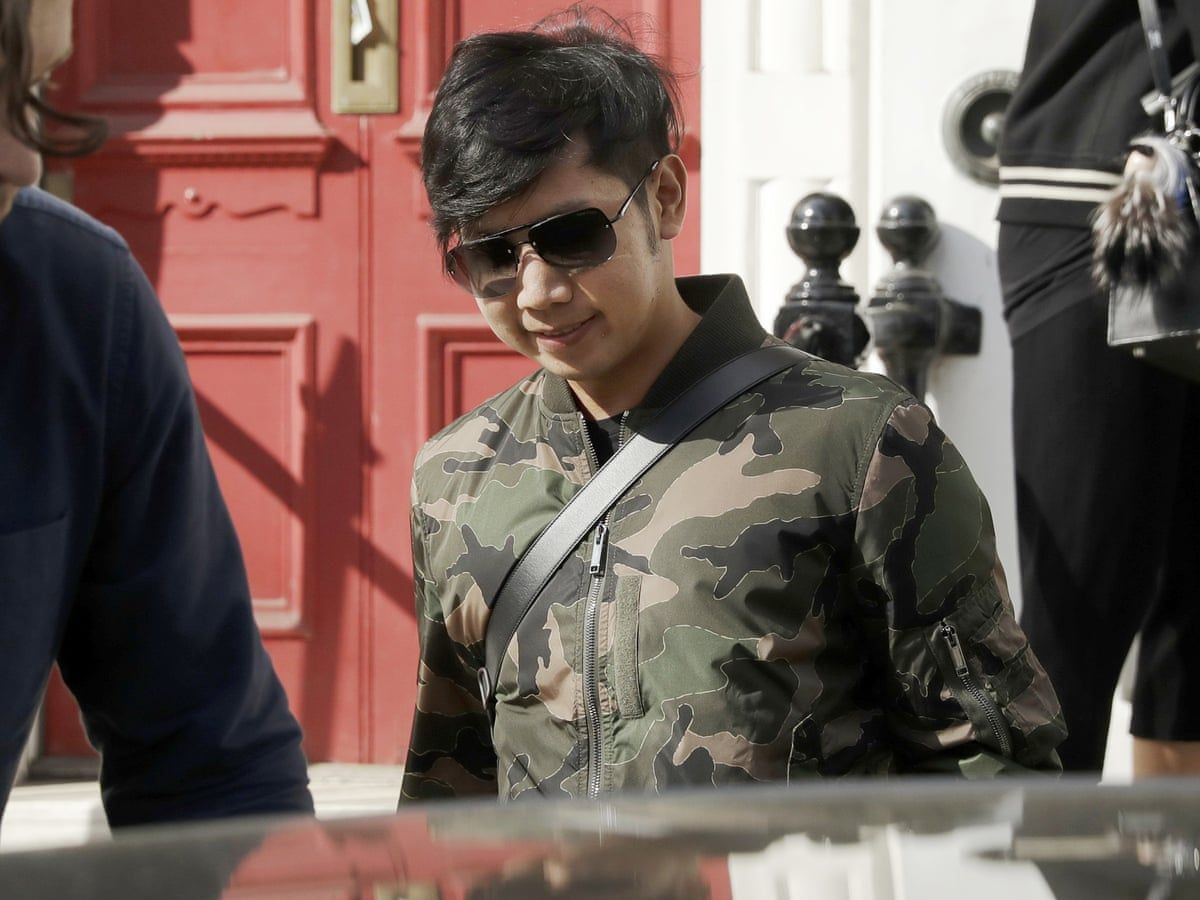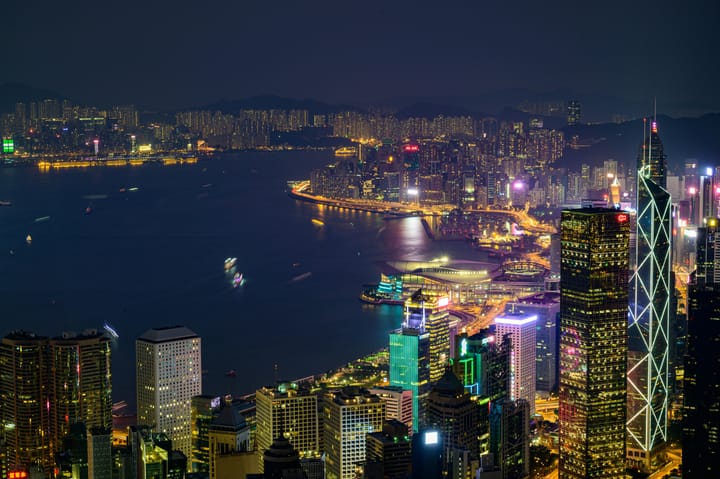Who is Vorayuth Yoovidhya?

A few minutes every morning is all you need.
Stay up to date on the world's Headlines and Human Stories. It's fun, it's factual, it's fluff-free.
In the 1970s, Thai businessman Chaleo Yoovidhya introduced an energy drink in the country that was eventually picked up by international companies and marketed as “Red Bull.” Now a massively popular drink worldwide, the Austrian company that owns the brand is valued at over US$11 billion.
Despite not running the company that sells the drink internationally, the Yoovidhya family remains one of the most wealthy in the country. Yoovidhya was ranked by Forbes as the second-richest man in the country, worth some US$20.2 billion.
His grandson, Vorayuth Yoovidhya, has been thrust into the spotlight in recent years over his involvement in a car crash in 2012 that killed another driver, a police officer named Wichian Klanprasert.
On the evening of September 3, 2012, Vorayuth was driving his Ferrari and slammed into the police officer, apparently accidentally, before speeding off and leaving the dead man behind.
Reports indicate that he had a mixture of illegal drugs in his system at the time, including cocaine, although Voryauth claims the cocaine was found due to medicines administered during dental work. The police reportedly have no official record to prove Voryauth’s assertion.
After the crash, Investigators followed leaking brake fluid from the scene back to the Yoovidhya family estate, where Vorayuth was later accused of killing the man. His prosecution, however, has seen multiple delays over recent years.
Vorayuth reportedly missed court summons on eight separate occasions over the case and fled the country instead of facing up to his alleged crime.
As the prosecution dragged on, Vorayuth, who also goes by the nickname Boss, maintained his lavish, jet-set lifestyle which involved flying in private planes around the globe and attending Formula One racing events where he supported the Red Bull brand.
Recent developments
In late July, the charges of speeding, hit-and-run and reckless driving causing death were dropped in the case, leading to a public uproar among Thais who say he was given special treatment due to his family’s money and status.
The widespread pushback following the announcement of the dropped charges has led to a possible reemergence of Vorayuth’s legal trouble.
The Prime Minister of Thailand, former army general Prayut Chan-O-Cha, recently ordered a new probe into the events and police are also reinvestigating after an apparent discrepancy was found in the original case that claims the speed of Vorayuth’s car wasn’t included in the filing.
Critics say that the case exemplifies the drawbacks of deep inequality and the influence of power and corruption in Thailand.
Blind justice?
According to Thitinan Pongsudhirak, a professor at Chulalongkorn University, one of Thailand’s most prominent, the case is a clear sign that many of the country’s institutions are broken.
“The political fallout from this disgraceful and detestable case will be far-reaching. This blatant crime, the impunity and the timing of its revelation will further fuel the flames of discontent among Thailand’s younger generation and beyond who have rallied against institutionalised and systemic injustice,” he wrote in an Op-Ed for The Bangkok Post.
Pongsudhirak blames the failure of sustained media attention on the case for the lack of follow through.
“Thailand’s media are understandably headline-driven but there has been a steep decline in the country’s investigative journalism,” he added, arguing that “doing homework and staying with key cases has become an endangered job in favour of quick and sensational reporting, often shallow and superficial.”
Others, like Chris Baker, a British historian who has written on Thailand’s inequality and the intersections of power and money in society, emphasized that impunity for the rich and influential is a rampant problem in the country.
“There is most certainly a culture of impunity here that big people, which means roughly people with power and money, expect to be able to get away with a certain amount of wrongdoing,” said Baker.
“This happens so often, so constantly, it is very clearly part of the working culture,” he added.
As the case has worn on, both the Yoovidhya family and Red Bull have made attempts to distance themselves from Vorayuth. After the hashtags #BossRedBull and #BoycottRedbull trended on Twitter in both English and Thai after the acquittal, Red Bull’s parent company announced that “has never assumed any role in the management and daily operations [of the company] nor has he held any executive position [in it].”
The Yoovidhya family has also made attempts to publicly distance themselves from their son’s actions, even though some evidence suggests that they at first tried to cover up their son’s culpability in the accident.
After the initial investigation of the crash led back to Vorayuth, a family employee reportedly attempted to take blame for the crash in his stead.
Have a tip or story? Get in touch with our reporters at tips@themilsource.com




Comments ()